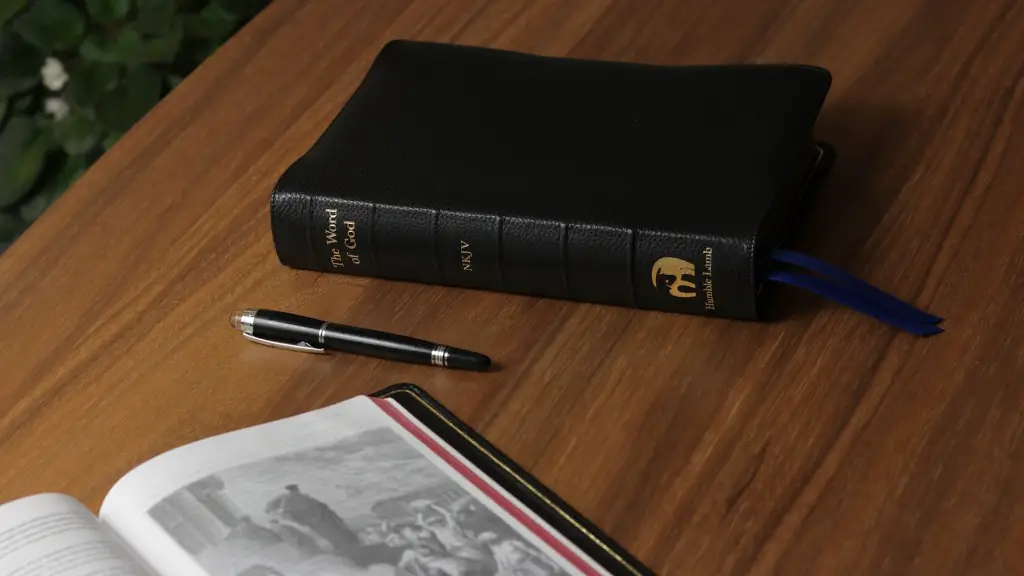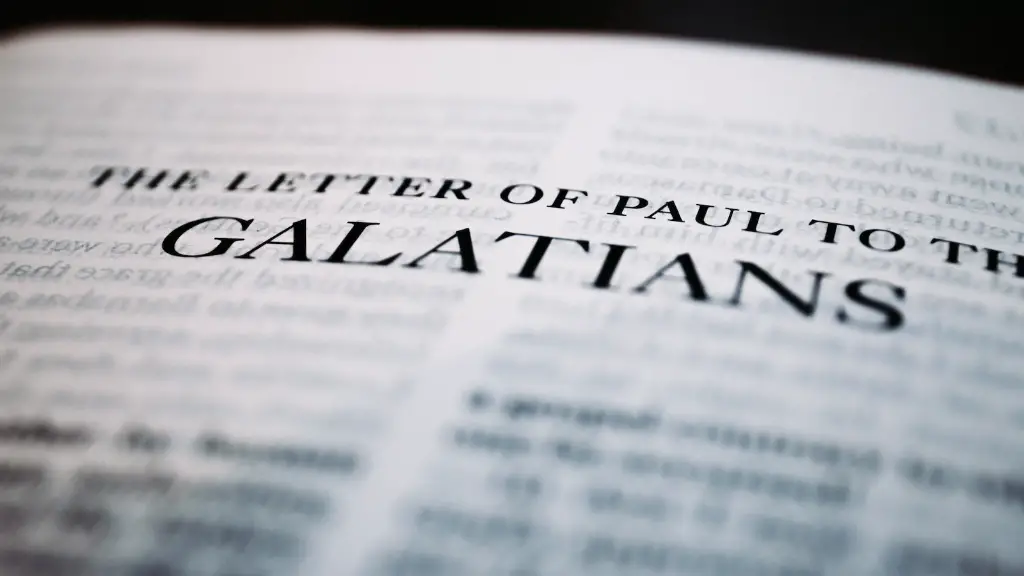The Bible does not explicitly say whether or not you can be cremated, so it is a matter of interpretation. Some Christians believe that because cremation involves the destruction of the body, it is incompatible with the belief in the resurrection of the body. Others believe that cremation is a matter of personal preference, and that it is not specifically forbidden in Scripture.
There is no definitive answer to this question since it is not directly addressed in the Bible. However, some people interpret certain passages as indicating that cremation is not an acceptable practice. For example, in the book of Genesis, God instructs Abraham to bury his deceased wife, Sarah, in a cave (Genesis 23:19). This could be seen as evidence that cremation is not an acceptable form of burial. Additionally, in the book of 2 Samuel, King Saul’s body is burned after his death (2 Samuel 21:12-13). However, it is important to note that this was done at the request of the king’s enemy, the Philistines, and not out of Saul’s own belief or practice. Therefore, it is difficult to say definitively what the Bible’s stance is on cremation.
Is it a sin to be cremated in the Bible?
The Bible does not label cremation as a sinful practice. In fact, the topic is not dealt with at all in terms of the detailed lists of instructions for living and dying set forth by God in the Old and New Testaments. The short answer to your question appears to be no, cremation is not a sin.
Cremation fell out of favor in Christian countries due to the Christian belief in the physical resurrection of the body. Christians used burial as a mark of difference from the Iron Age European pre-Christian Pagan religions, which usually cremated their dead.
Can you go to Heaven if you are cremated
Cremation does not prevent one from going to Heaven, so there’s no need to worry. From the Christian perspective, if God can create life from dust, surely he can restore life from ashes.
Islam is opposed to cremation because it is considered to be an unclean practice. This is in contrast to Judaism and Christianity, which have more diversity of opinion on the matter. Cremation is seen as a way of desecrating the body, which is supposed to be respected and buried whole.
What does Jesus say about cremation?
Cremation was not a common practice in biblical times and was often seen as a form of punishment. Both Old and New Testament passages refer to burial as the standard practice for the Israelites and the early Christians. There is next-to-nothing mentioned about cremation in the Bible.
The Bible does not explicitly state whether or not cremation is allowed. However, many Christians believe that cremation is not allowed because it would make the body ineligible for resurrection. This argument is refuted by others on the basis of the fact that the body still decomposes over time after burial.
Should Christians be buried or cremated?
Cremation is an increasingly popular choice for Christians today, as it provides a way to honor their loved ones while still retaining traditional funeral practices. While some Christians may have reservations about cremation, it is ultimately a personal decision that should be left to the individual.
We will be like the angels in heaven.” (Matthew 22:30) This doesn’t mean that we won’t have relationships with our loved ones, but they will be different from the earthly relationships we have now.
Why are people against cremation
Religions like Orthodox Christianity, Islam and Judaism traditionally frown upon cremation, believing that the idea of turning a human body into cremation ashes might interfere with God’s ability to resurrect the dead and bring it to heaven. In these cultures, cremation is often seen as a desecration of the body and a rejection of the belief in the afterlife.
Cremation, therefore, does not preclude the eventual resurrection of the body.
What happen to the soul after cremation?
Cremation is a process of burning the body of a deceased person. After the body is completely burnt, the ashes are collected and laid in the Ganges, or one of India’s other sacred rivers. This act is said to bring a complete end to the physical body, as well as symbolize the soul being transported to an auspicious next life.
Once someone is cremated, all that is left of them is their skeleton. The bone is ground up into a fine powder and given to the family as “ashes.”
Do Baptists believe in cremation
The Baptist faith does not ban cremation, and cremation may take place either before or after the funeral service.
It is not uncommon for people to be buried with both a headstone and a footstone to mark the length of the grave. This tradition is practiced to avoid overcrowding or accidental excavation.
Why did the Catholic Church not allow cremation?
The Roman Catholic Church has lifted its ban on cremation, allowing families to cremate their loved ones if they wish. The Church has issued guidelines for how to handle ashes with care, stating that they should be buried or scattered in a place that is special to the deceased. Cremation is now an option for families who wish to honor their loved ones in this way.
This phrase is from the burial service in the Book of Common Prayer. It is a reminder that we come from dust and to dust we shall return. This is a comforting reminder for those who have lost a loved one, that they too will one day be reunited in eternal life.
Conclusion
There is no definitive answer to this question since there is no explicit mention of cremation in the Bible. While some Christians may argue that cremation is not in accordance with Biblical teachings on the sanctity of the body, others may argue that the Bible does not explicitly prohibit cremation and that it is therefore a personal decision. Ultimately, it is up to each individual to decide whether or not to cremated based on their own interpretation of the Bible.
There is no definitive answer to this question, as the Bible does not explicitly state whether or not cremation is allowed. However, many Christians believe that cremation is not permitted, as it is seen as a form of abandoning the body, which is a desecration of God’s creation. Ultimately, it is up to the individual to decide whether or not to cremated, based on their own interpretation of the Bible.





